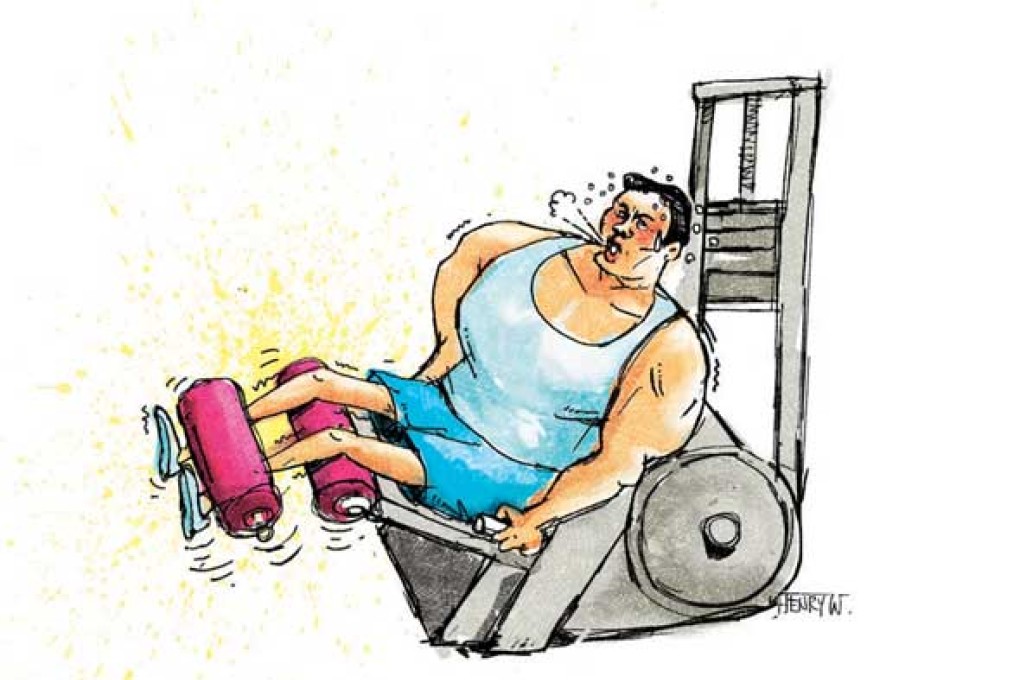The source of inequality
Andrew Sheng says to tackle inequality, we must first understand its origins in globalisation and urbanisation, then focus on raising the income and wealth of the bottom half of society

The New Year is a time to think about what we can do better this coming year. Last year, rock-star French economist Thomas Piketty's book, Capital in the Twenty-First Century, signalled the growing sense of inequality in an age of plenty. When 0.1 per cent of the population own as much as 90 per cent of the rest of the population, something is seriously wrong with capitalism.
However bad the inequality, it is not the static status quo that is the problem. It is the dynamic expectation that the system cannot be changed for the better that causes social unrest and protests. The young protesters in Hong Kong share the same frustrations of the young in Egypt and elsewhere - they feel that the establishment is not listening to them.
Moderation gives way to extremism. If you cannot change the system peacefully, then disruption becomes the norm.
Even though they are very polarised, both sides of the spectrum - from capitalists to socialists - agree that something must be done about inequality.
Someone I listen to seriously complained that, in my last column, I raised the question of inequality, but not the solutions. Being both an idealist and a pragmatist, I admit that it is always easier to criticise than to construct. And walking the talk is tougher than just talking.
There are three solutions to inequality - the capitalist way, the socialist way, or do nothing. The capitalist feels that the solution is to reduce the role of the state (cut bureaucracy and taxes), encourage more entrepreneurship and markets.